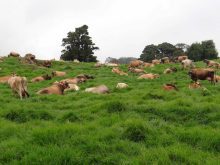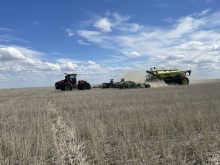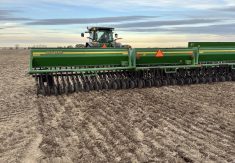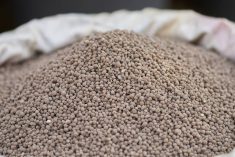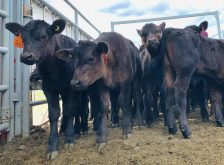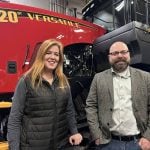Before the advent of the silicon-based computer chip, some would say that California’s massive Silicon Valley development was nothing more than a village with a well. Like the early promoters of Silicon Valley, the town of Drayton Valley is hoping to profit by anticipating the next big economic wave – the bioeconomy. Local officials hope their effort could mean the development of a significant new, local market for agriculture products and residuals.
The concept, called “BioMile,” is based on attracting a large cluster of bio-based businesses that complement each other, based on the concept that one businesses’ industrial waste could be another businesses’ feedstock.
Read Also
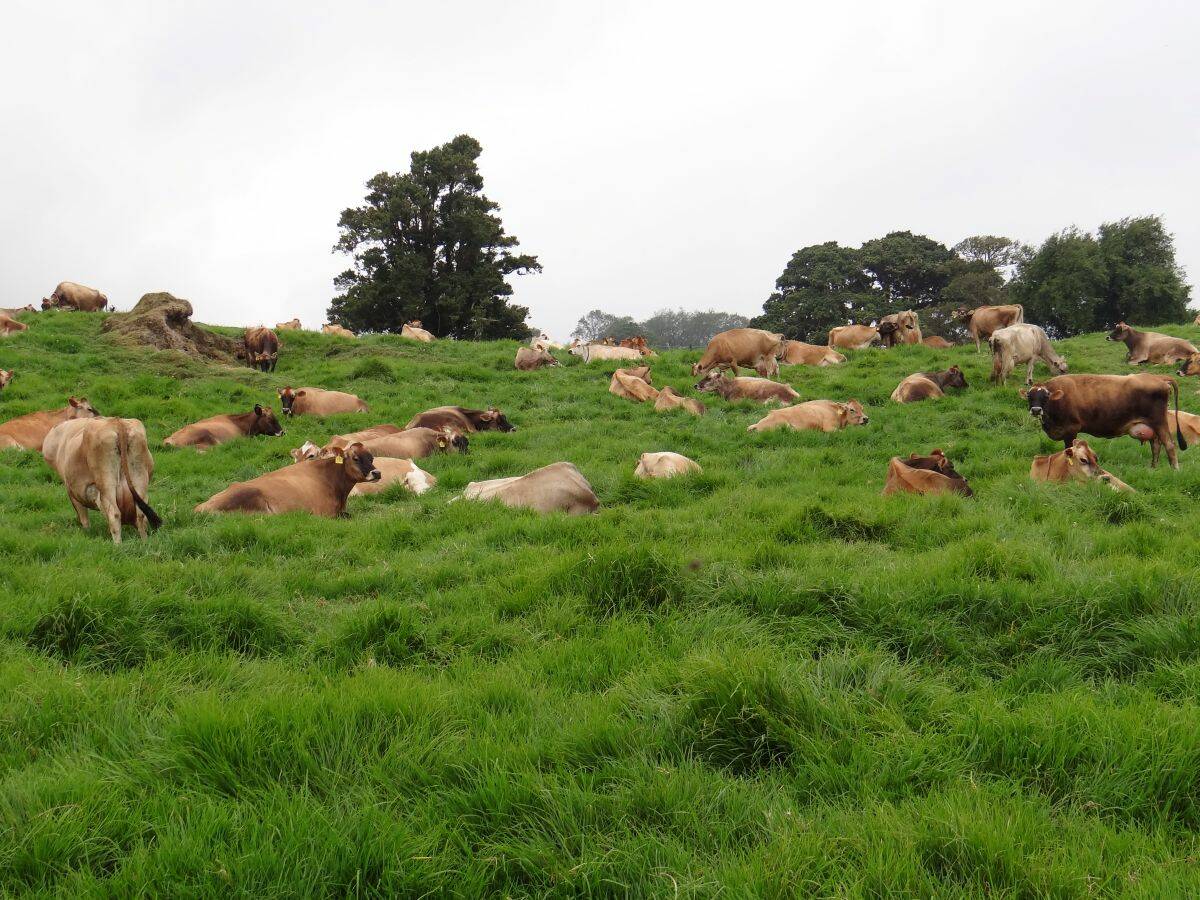
Is inflammation the real cause of milk fever in cattle?
UAlberta researcher Burim Ametaj’s theory challenges 200 hundred years of science and his work may change the approach for treatment.
The plan passed a significant milestone recently when TTS Inc. turned the sod on a 30,000-square foot bio-composites facility, where most of the products initially will be engineered fibremat, which can be used to produce a number of bio-based products for use in a variety of applications, especially as a substitute for fibreglass.
All told, as much as $18 million could be invested into the facility. Company president Tamrat Tekle estimates that the company’s feedstock at present will be about 50 per cent forest biomass and 50 per cent from agriculture.
Tekle says this is only phase one of the company’s building plans. He says TTS has mastered production of five major families of products and fibremat is only one. Once operational by summer, 2010, the business will provide about 15 permanent jobs.
“The BioMile concept, if it is done right, I think it is a brilliant and a very progressive approach at this time,” says Tekle. “It jives very well with our corporate philosophy.”
ONE’S WASTE, ANOTHER’S FEEDSTOCK
Drayton Valley’s mayor and council have been working hard to establish and promote the town’s BioMile industrial park concept.
Products manufactured from wood and agriculture byproducts, such as electricity, liquid transportation fuels, bio-composites, bio-based platform chemicals as a substitute for oil-based chemicals, and produce from greenhouses that take advantage of waste heat and wastewater are just some of the concepts being considered.
Mayor Moe Hamdon believes that the town is reading the tea leaves correctly by latching onto the bio-economy as a huge opportunity for future business development and diversification, and the town seems to be facing few competitors at this time.
“We have been to several bioconferences where we are the only municipality at the conference,” he says, “and that gives us a huge advantage in what Drayton Valley has to offer to attract them.” The biggest advantage, besides being located 1.5 hours southwest of the provincial capital of Edmonton is the town’s location in the midst of a large forested area. There is also a lot of agriculture not too far away as well as a large oil and gas industry presence.
Otoka Energy Inc., has also announced its intention to build a woody biomass-based gasification plant as part of Drayton Valley’s BioMile that will produce 25 megawatts of electricity, followed by syngas and liquid fuels from forestry residuals. Also, Drayton Valley has signed a memorandum of understanding with CLIB2021, a German organization which aims to develop the leading European cluster in industrial biotechnology.
The sector uses renewable resources to develop substances for a variety of markets, such as chemicals, paper, leather, automotive, household applications and medicine. “We are working with them to identify different technologies for the creation of platform chemicals,” says Hamdon, “and we will be setting up an office for CLIB2021 in Drayton Valley.”
The provincial and federal governments are providing grant funding and the networking support needed to put the BioMile concept before companies and organizations around the globe. The town has received a $289,000 grant from the Alberta government as part of its Bio-refining Commercialization and Market Development Program. “We have a great working relationship with the provincial and federal governments,” says Hamdon, “which is important in making this happen. Sometimes it takes grant funding and incentives that Drayton Valley is in no position to provide.”


